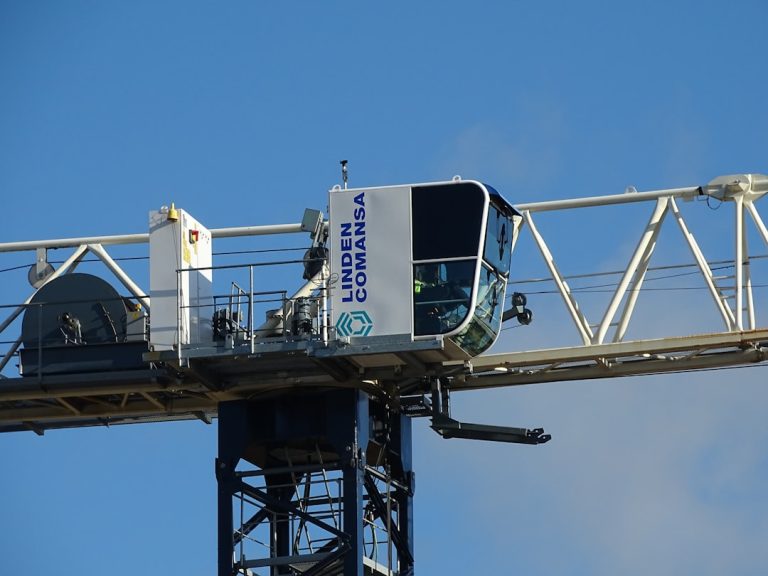Alt: SEIS for businesses
Title: SEIS for businesses
Discover why EIS and SEIS remain essential funding tools for UK businesses and how they continue to support growth and investment.
Introduction
In the dynamic landscape of UK business, securing adequate funding remains a cornerstone for growth and innovation. The Seed Enterprise Investment Scheme (SEIS) and the Enterprise Investment Scheme (EIS) have long been pivotal in bridging the funding gap for startups and expanding businesses alike. These government-backed initiatives offer generous tax reliefs to investors, making them attractive avenues for channeling capital into promising ventures. As we navigate through 2025, understanding the enduring relevance of SEIS for businesses and EIS is more crucial than ever.
The Importance of EIS & SEIS for UK Businesses
Both EIS and SEIS are designed to stimulate investment in early-stage companies, providing vital financial support that can propel businesses from inception to maturity. These schemes not only ease the financial strain on startups but also enhance their credibility in the eyes of potential investors. By offering tax incentives, the UK government effectively lowers the risk associated with investing in new and growing enterprises, fostering a more vibrant and resilient business ecosystem.
Stimulating Economic Growth
SEIS for businesses, specifically targeting smaller startups, allows companies to raise up to £250,000. This capital can be instrumental in driving key activities such as research and development, business expansion, and market penetration. EIS extends this support to more established companies, enabling them to raise up to £5 million annually, ensuring sustained growth and scalability.
How SEIS & EIS Support Growth and Investment
The structural design of SEIS and EIS ensures that funds are utilized effectively to foster growth. Companies benefiting from SEIS must allocate the raised capital towards activities that directly contribute to their expansion, such as product development or entering new markets. Similarly, EIS funds are earmarked for broader growth initiatives, allowing businesses to scale operations, invest in technology, and enhance their competitive edge.
Tax Benefits as a Catalyst
For investors, SEIS for businesses and EIS provide substantial tax reliefs that make these investments financially appealing. SEIS offers up to 50% income tax relief on investments up to £200,000, while EIS provides 30% relief on investments up to £1 million, or £2 million if invested in knowledge-intensive companies. Additionally, both schemes offer Capital Gains Tax exemptions, further incentivizing investment in UK businesses.
SEIS vs EIS: Key Differences and Benefits
While SEIS and EIS share the common goal of promoting investment in businesses, they cater to different stages of company development and offer varying levels of tax relief.
SEIS: Ideal for Early-Stage Startups
- Investment Limit: Up to £250,000 per company.
- Tax Relief: 50% income tax relief on investments up to £200,000.
- Eligibility: Companies must be less than three years old, have fewer than 25 employees, and operate within specific qualifying trades.
EIS: Suited for Growing Enterprises
- Investment Limit: Up to £5 million annually, with a lifetime cap of £12 million.
- Tax Relief: 30% income tax relief on investments up to £1 million (£2 million for knowledge-intensive companies).
- Eligibility: Companies can be up to seven years old, have fewer than 250 employees, and meet broader qualifying criteria.
Understanding these differences helps businesses and investors make informed decisions about which scheme aligns best with their growth objectives and investment strategies.
How Platforms Like Oriel IPO Facilitate SEIS/EIS Investments
Navigating the complexities of SEIS for businesses and EIS can be daunting for both startups and investors. This is where innovative platforms like Oriel IPO come into play. Launched in early 2024, Oriel IPO serves as an online investment marketplace that connects UK startups seeking SEIS/EIS funding with angel investors looking for tax-efficient investment opportunities.
Commission-Free Funding
One of the standout features of Oriel IPO is its commission-free model. By eliminating traditional fees, the platform ensures that more capital flows directly into startups, maximizing the financial support available for business growth. This approach not only benefits entrepreneurs but also enhances the attractiveness of the platform to investors.
Educational Resources and Community Support
Oriel IPO goes beyond mere matchmaking by offering comprehensive educational tools. These resources demystify the intricacies of SEIS/EIS, empowering both startups and investors with the knowledge required to navigate the investment landscape confidently. Additionally, the platform fosters a supportive community, enabling users to share insights, experiences, and best practices.
Subscription-Based Access
To sustain its operations and continuously improve its offerings, Oriel IPO employs a subscription-based model. This approach provides users with access to premium content and advanced features, ensuring a steady revenue stream while maintaining the platform’s commitment to democratizing investment opportunities.
Navigating the SEIS/EIS Landscape
Successfully leveraging SEIS for businesses and EIS requires a strategic approach. Businesses must ensure they meet the stringent eligibility criteria set by HMRC, including having fewer than 25 employees for SEIS and fewer than 250 for EIS. Additionally, the nature of the trade is crucial, as certain sectors are excluded from qualifying.
For investors, understanding the tax implications and benefits is key to maximizing returns. Platforms like Oriel IPO aid in this process by providing detailed guides, calculators, and personalized support to help investors make informed decisions that align with their financial goals and risk appetite.
Compliance and Regulatory Considerations
Staying compliant with ongoing regulatory changes is essential for both businesses and investors. Oriel IPO prioritizes this by keeping users informed about any updates to SEIS/EIS regulations, ensuring that all investments remain eligible for tax reliefs and that businesses continue to qualify under the schemes.
Future of SEIS & EIS in the UK Business Ecosystem
As the UK continues to bolster its startup ecosystem, SEIS for businesses and EIS remain integral to attracting domestic and international investment. The government’s commitment to maintaining these schemes underscores their importance in driving economic growth and innovation.
Strategic Enhancements and Partnerships
Looking ahead, platforms like Oriel IPO are poised to enhance their offerings through strategic partnerships with accounting and advisory networks. These collaborations aim to provide users with a more seamless investment experience, integrating compliance tools and analytics to support data-driven decision-making.
Expanding Service Offerings
To maintain competitiveness in an increasingly crowded market, Oriel IPO plans to expand its service offerings. This includes introducing advanced features such as AI-driven investment recommendations, personalized dashboards, and enhanced community engagement initiatives to foster stronger relationships between entrepreneurs and investors.
Conclusion
EIS and SEIS continue to be indispensable funding tools for UK businesses, offering vital financial support and attractive tax incentives that drive growth and innovation. As the investment landscape evolves, platforms like Oriel IPO play a crucial role in simplifying the investment process, providing educational resources, and fostering a supportive community. By leveraging these schemes effectively, UK startups and investors can navigate the challenges of funding access, ensuring a robust and dynamic business ecosystem for the future.
Ready to explore investment opportunities through SEIS for businesses? Visit Oriel IPO today!



